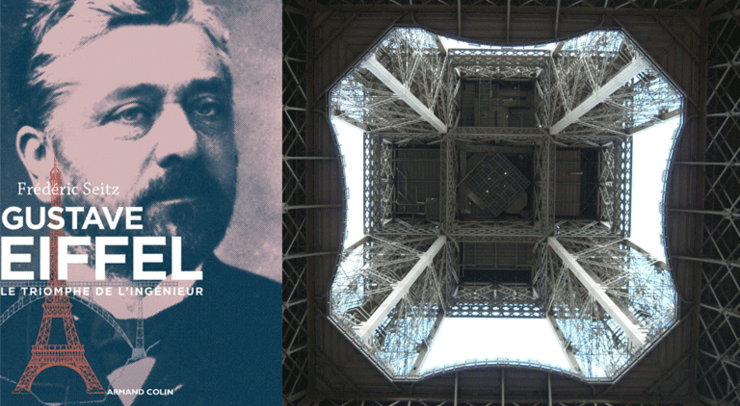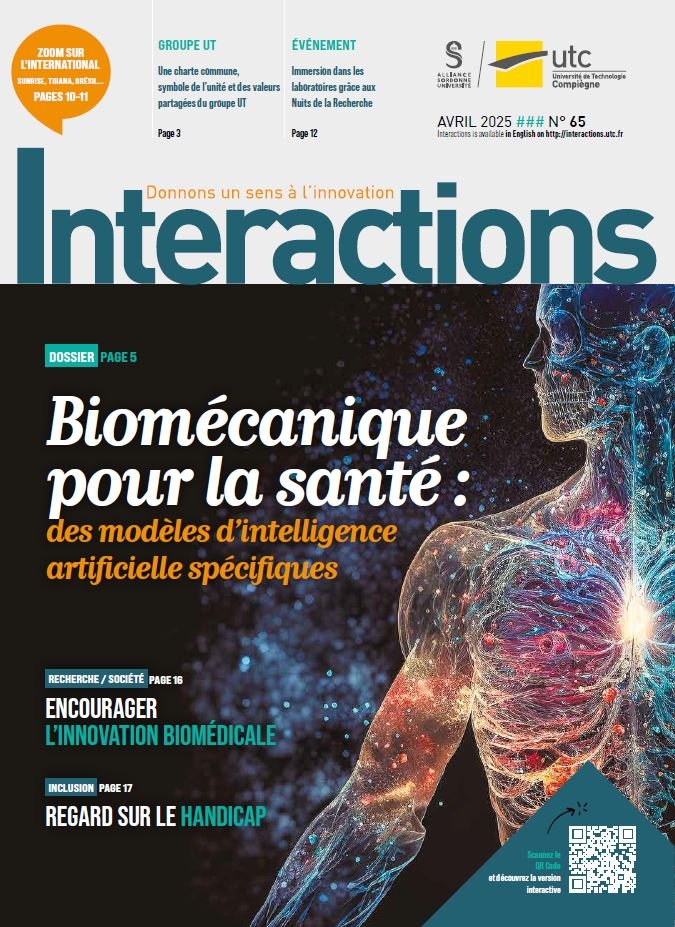The Eiffel Tower

As France prepares to host the Universal Exhibition 2025, Frédéric Seitz, a DPLG qualified architect, in his recent publication « Gustave Eiffel, le triomphe de l’ingénieur [Gustave Eiffel or the triumph of engineers »], edited by Armand Colin, Paris reveals some of the less-well known facts about this most famous French engineer. Behind the image of a genius as a creator, as a promoter of industrial techniques, the book retraces the track-record of a businessman with definite scientific talents.
What biography Frédéric Seitz offers here depicts a strong, complex personality whose best features are not necessarily technical. “The most striking thing about Gustave Eiffel is the capacity he displayed to have the best specialists in his service and to galvanize the influential people of his time, right from the start of his career”, notes our lecturer-research scientist Seitz. He graduated from Ecole Centrale [one of the finest engineering schools in France] in the elective specialty chemistry which enabled him to plunge into material sciences, which later proved his strongest and most illustrious area.
“His professional path is astonishingly close to that of another Ecole Centrale graduate, Francis Bouygues, who created a reinforced concrete company that has now grown into a diversified industrial empire, directed today by his son Martin” says Frédéric Seitz.
A talented opportunist
The Tower episode, so to speak, is the accomplishment of a virtuoso career in metal constructions, and also reveals some aspects that are far-removed from the legendary Eiffel. In the book, we discover that Eiffel in fact ‘developed ideas’ proposed by others. “He allowed the engineers of his design office to work on the tower project. And when it was sufficiently advanced, he took over and part financed the construction out of his pocket, despite strong opposition from Parisian intellectuals and artists”, we learn. From this obstination arose not only an exceptional technical feat, but also a grand financial success since the income from the entrance tickets quickly covered the cost of building the tower … The final chapters of the books look at the not well known scientific career of Gustave Eiffel in his late years. He was seriously condemned in what was known as the Panama Canal scandal, and at which point Eiffel abandoned his enterprise and concentrated on scientific matters and research activities. “Towards the end of his life, Eiffel conducted experiments in three areas: wireless, meteorology and aerodynamics. He was recognized for this work by the scientific community at large. Some even say that he would have been one of the pioneers of modern aviation”, note historian Seitz.
In the 300 pages of his book, Seitz also touches on some more personal aspects of the engineer Eiffel, including the strange ‘family’ formed by Eiffel, his daughter and son-in-law, an engineer also who took over the construction company. The book teaches us that while Eiffel enjoyed and led a flamboyant public life, he managed to keep his private sphere in the dark and thereby continue to reinforce his personal myth.




